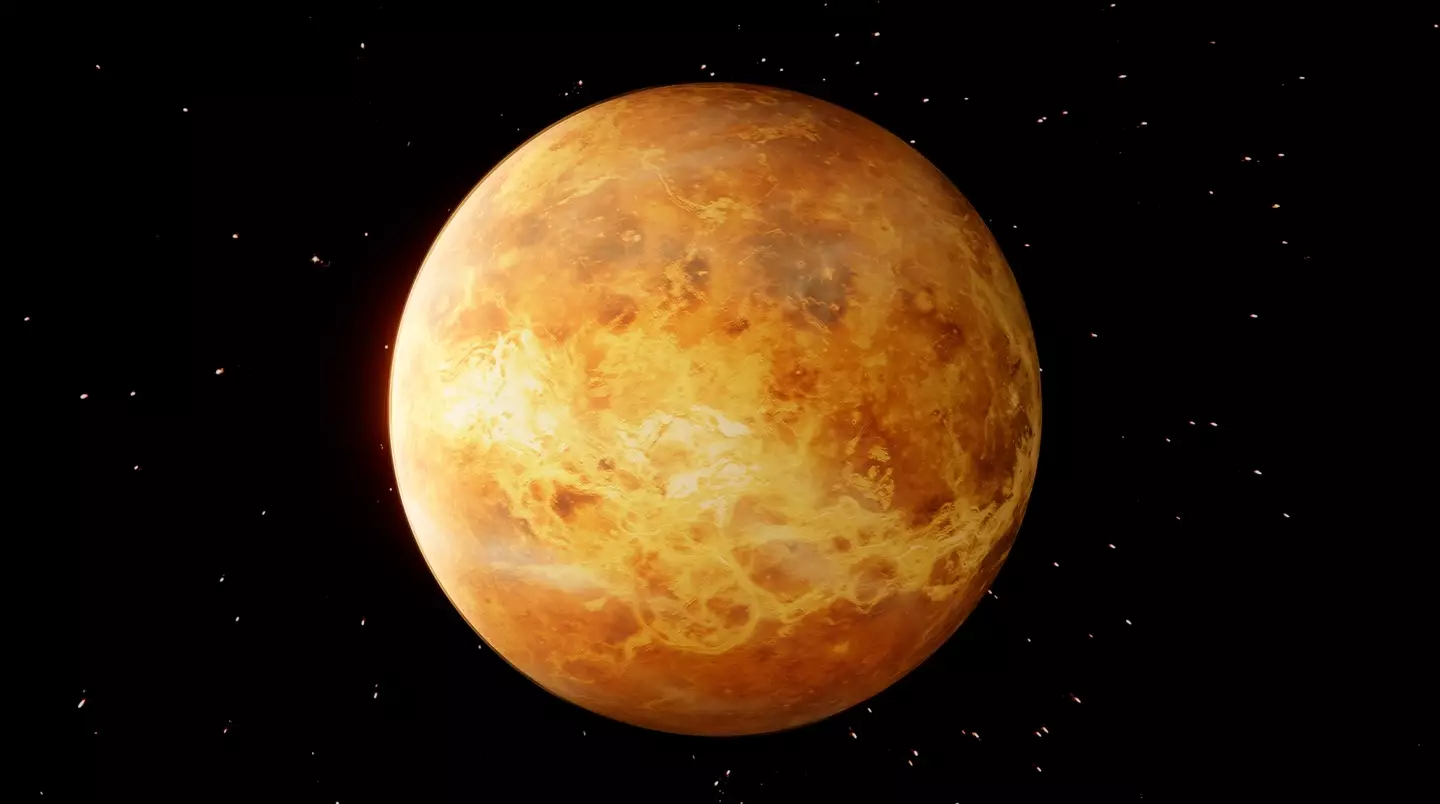
Scientists might just have discovered the next best route for humans to take after Earth, as while Venus might be our hottest neighbor, it does in fact feature massive tunnels that could prove ripe for colonization.
Much of the focus for human colonization in recent years has been towards Mars, as both the private space industry through companies like SpaceX and public entities like NASA have been training to send astronauts to the big red planet for the very first time.
Elon Musk has already come up with a number of systems in the eventually that humans could eventually settle on Mars, including putting in place the planet's very first mayor, but a new discovery made by scientists could cause an intriguing change of plans.
As reported by Futurism, a new study presented at the EPSC-DPS joint meeting this year presents evidence for the first time ever that Venus – our closest neighbor by proximity – has what's known as lava tubes that could potentially house human life.
Advert

These lava tubes aren't unique to Venus, as they're present on the Moon, Mars, and even here on Earth, but the discovery of these on Venus opens up a possibility that beforehand wasn't properly considered.
"Earth lava tubes have smaller volumes, Mars tubes have slightly bigger volumes, and then the Moon's tubes have even bigger volumes, explained Barbara De Toffoli, a researcher from the University of Padova.
"And then there's Venus, completely disrupting this trend, displaying very, very big tube volumes. This is already giving away the fact that there's likely something more on Venus playing a significant role."
It breaks from previous understandings as Venus is understood to have a much stronger gravitational force than the Moon, and is much more akin to what we experience on Earth, so it possessing the largest lava tubes doesn't necessarily make sense.

Further research into this discovery could allow scientists to discover the planet's "thermal and tectonic evolution, and offer exciting possibilities for understanding the planet's past and present conditions."
Additionally, new information and possibilities could be unlocked once the European Space Agency's (ESA) EnVision mission continues its exploration efforts, as that would use the Subsurface Radar Sounder (SRS) instrument to properly investigate Venus and its intriguing properties.
This won't be launched until at least 2031 though based on current projections, so it'll still be a long while before scientists can properly assess and hypotheses that they might have about the planet that sits between us and the Sun.
